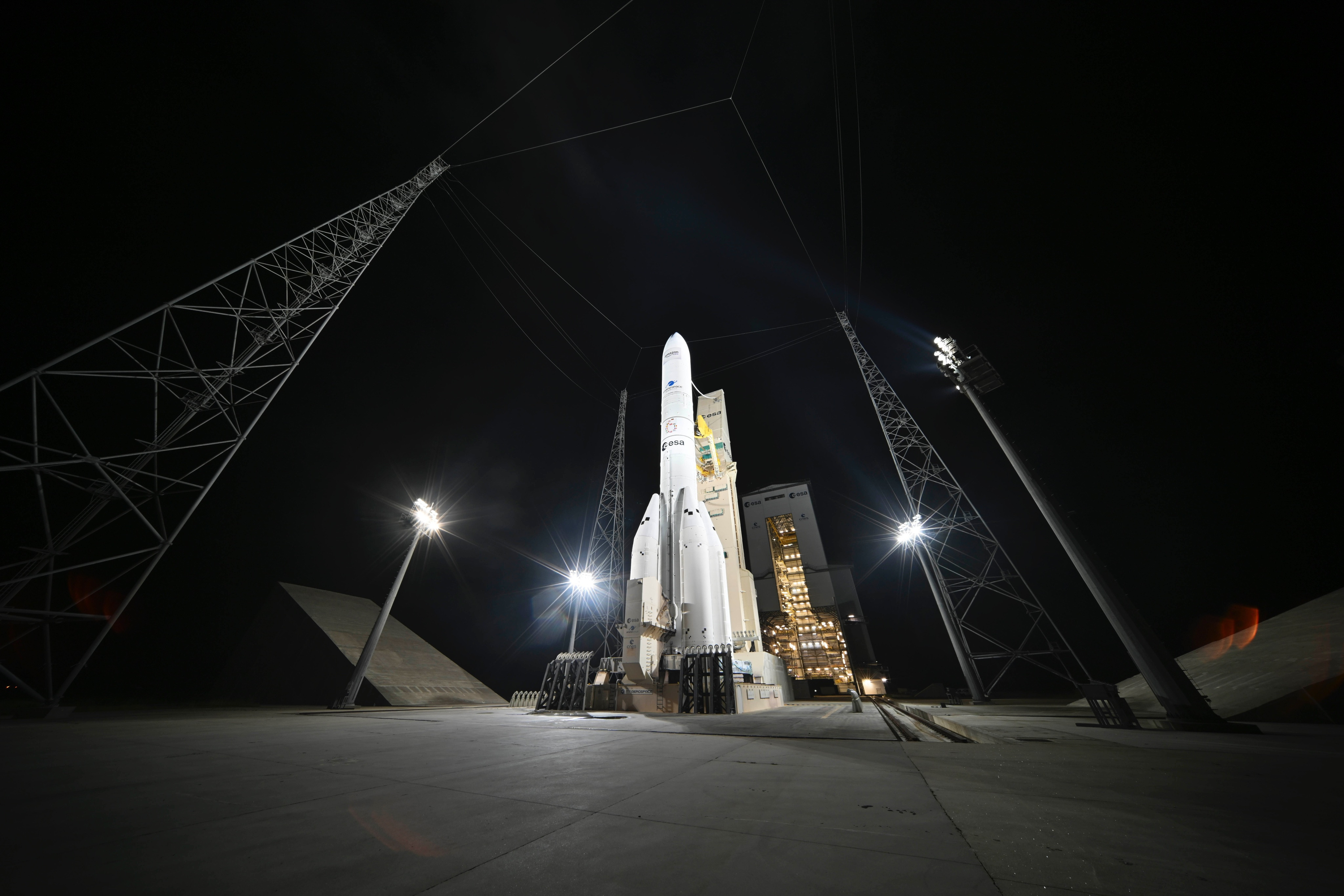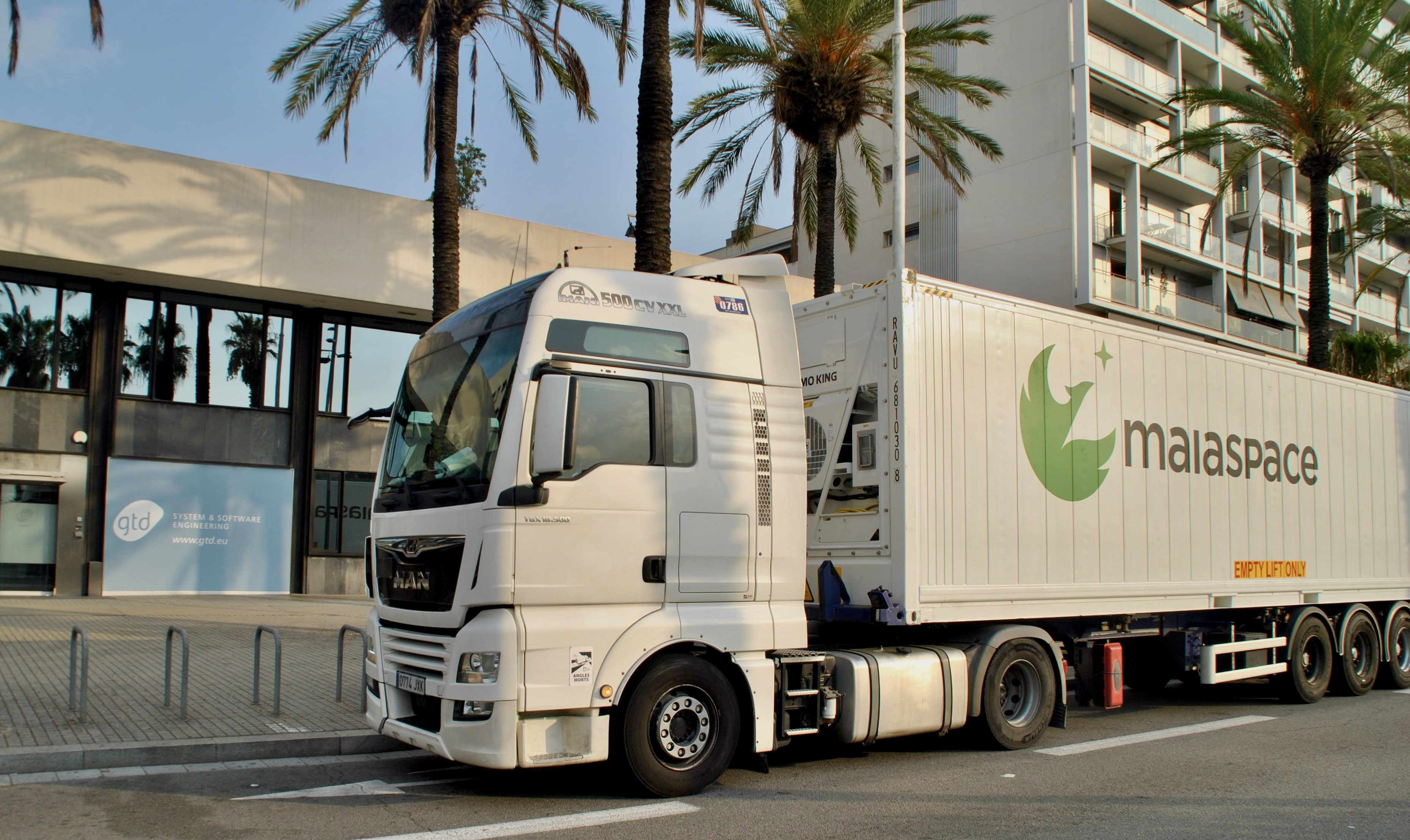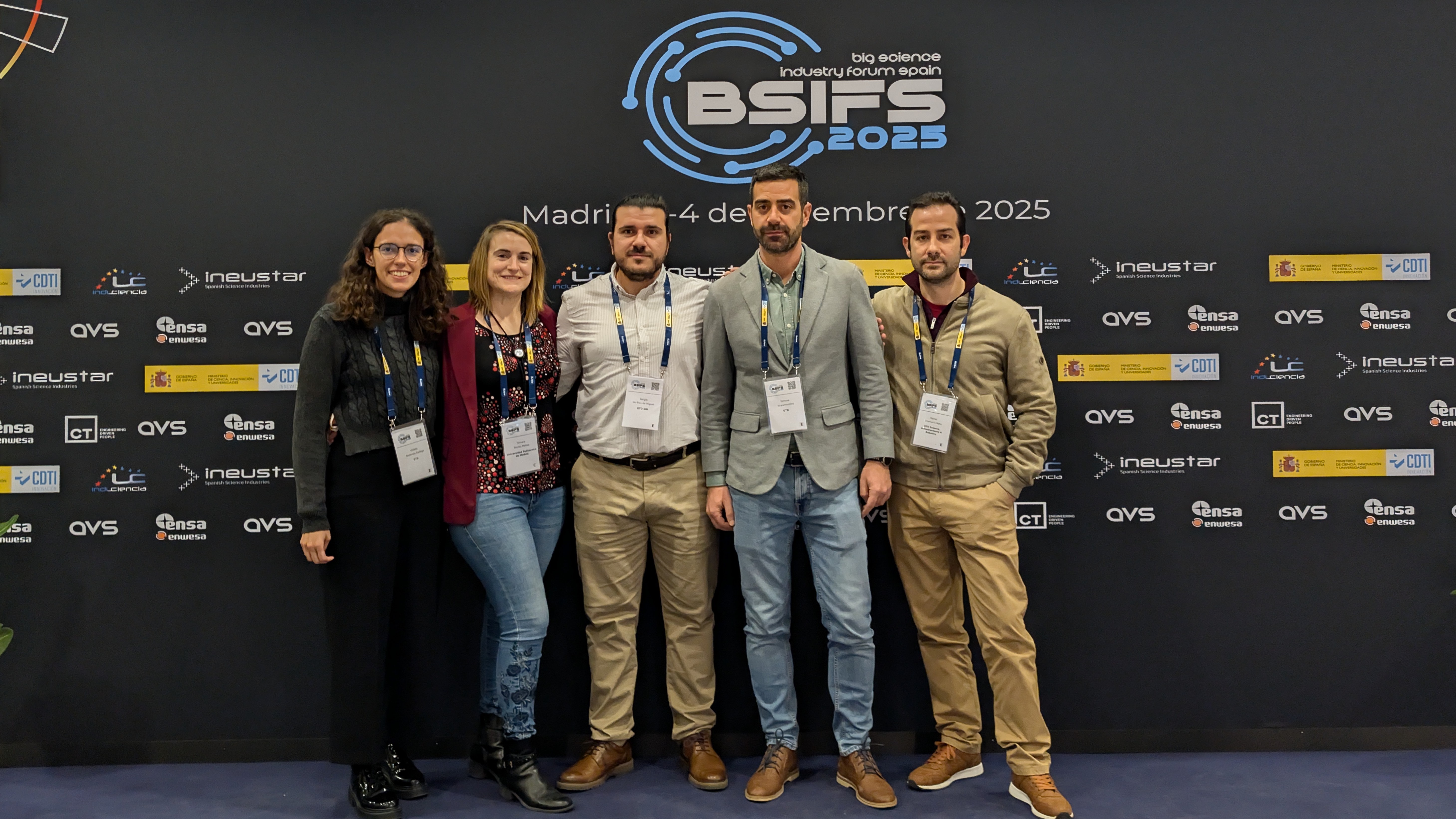Within the framework established by the Kingdom of Morocco for the digitalization, unification and harmonization of the procedures linked to Foreign Trade, PortNet establishes itself as a reference Single Window system. PortNet provides digital communication and integration between economic operators and suppliers of both public and private services, with the objective of improving the indicators of efficiency, agility and ease of operation in the area of import and export of goods. PortNet was created in 2009 as a pioneer project in the Moroccan Ministry of Transport with the Moroccan National Ports Agency (ANP) as awardee, focusing on the necessary port procedures for the entry and exit of vessels and goods. The project started off with the ports of Casablanca and Agadir, and then extended to the other ports within the country’s maritime-port system. The main challenges lie in digitalizing procedures, which so far have been managed on paper, reducing the length of stay of the goods in the port and customs area, and deploying a single nationwide system that provides a digital interconnection platform for the national port community. The initial project was carried out by a consortium formed by Portel, Portel Maroc and Indra. The companies began working on the Single Maritime Window which was put into production in 2011, covering most maritime services; including stopover management, dangerous goods, manifests, cargo collection and delivery notes as well as clearance of goods procedures; enabling an interface web for the user and another messaging interface, supporting different protocols and types of messages based on international transport and goods standards. In 2012, a service package was included which increased the number of actors, reaching a total of 5.000 users of the system, which provided a nationwide unified service for goods inspection, statistical systems, monitoring of different ministries and user support to request collection and delivery procedures. In 2015, specific processes were included, as required by the Kingdom of Morocco for the import and export of goods. As a result, the Maritime Single Window system extended and became a Single Window for Foreign Trade. Incorporating these procedures affected the user census, increasing to a total of 25.000 users when giving access to the community of import and export economic operators, along with banking institutions, and increasing the ecosystem of governmental goods inspection entities. The last phase of the project included extending functionality in collection procedures and goods inspection, B2B processes, integration of the private port of Tanger Med, use of data, data mining and electronic payment thanks to the integration with an online payment platform, where the users can carry out banking transactions to pay for the services provided by the system. In 2016, PortNet S.A., as the company managing and exploiting the platform for Moroccan foreign trade procedures, opened an international public tender, and after a selection process between the main public-private bodies on a global scale in the area of PCS and Single Windows for Foreign Trade, they awarded the Spanish consortium Portel-Portel Maroc-GTD. As a result, Portel consolidated its presence in this country, increasing the extension of the contract to five years, guaranteeing the stability of the system and counting, on this occasion, on the contribution of its shareholder GTD, specialized in critical software sectors, such as aerospace or defense. Currently, PortNet has acquired a pioneering supercomputing center in Africa, redounding and raising the highest standards when it comes to security and cyber security. In the new stage of the project, they will conduct process reengineering tasks to identify the existing processes, architecture tasks in the different system layers, considering the security requirements defined by the Moroccan IT security institutions. It includes a rules and procedures engine to give the client the possibility to adapt the Single Window to future regulatory changes, without having to recode the adjacent layers. The main objective of the new contract is to focus on creating a business unit in Morocco (Service Center), migrating the current system to an architecture based on services, defining and developing in parallel the integration of new procedures in other means of transportation such as air, rail and land transport.















